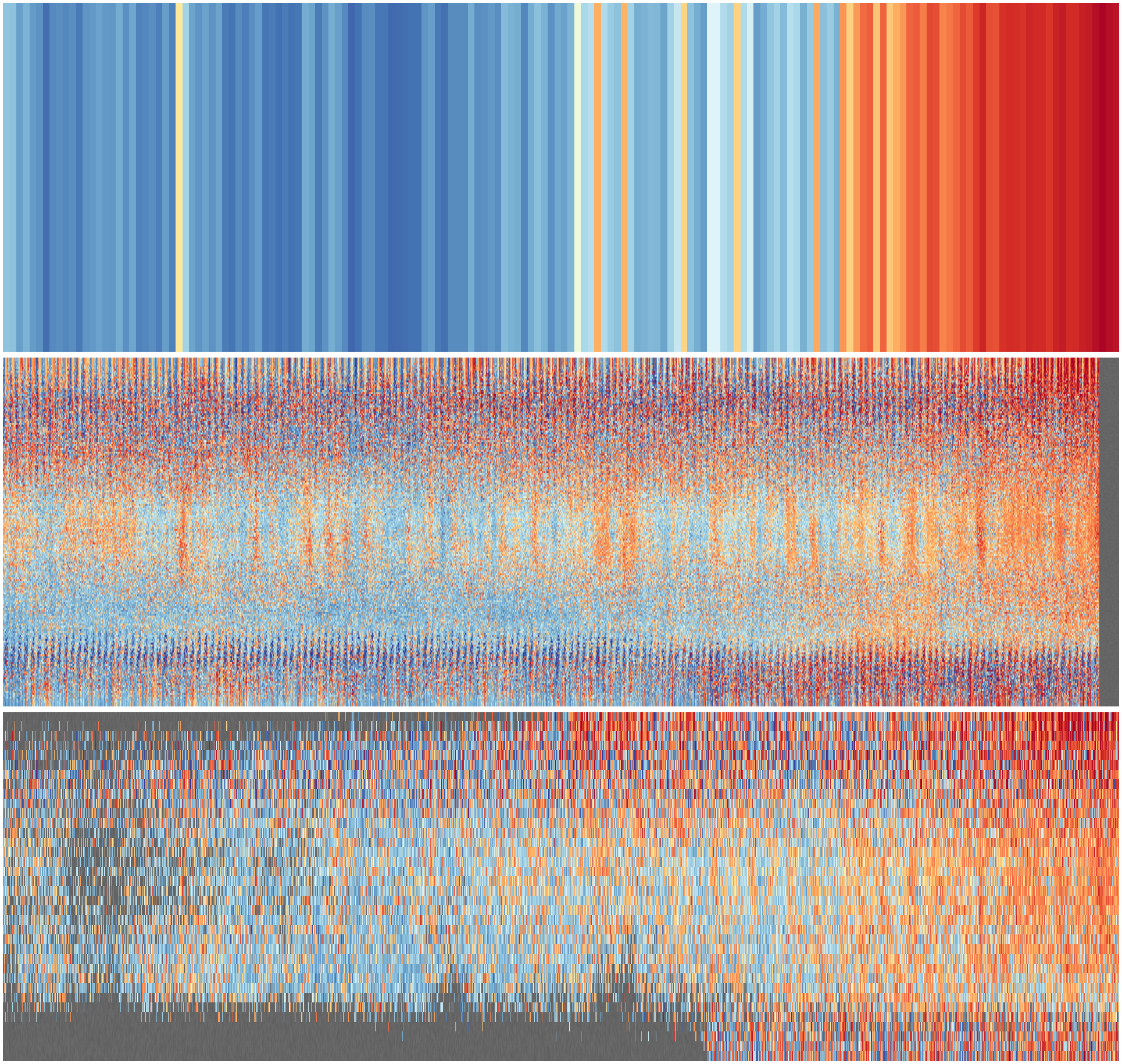# Functions to load the HadCRUT data
# Loading the data month-by-month is too slow, so we load a decade at a time and cache it
import iris
import numpy as np
import iris.coord_systems
import iris.fileformats
coord_s = iris.coord_systems.GeogCS(iris.fileformats.pp.EARTH_RADIUS)
from utilities.utils import rng
# I don't want warnings about sub-second time precision
iris.FUTURE.date_microseconds = True
# Choose ten ensemble members - same as HadCRUT
members = (1, 2, 3, 4, 5, 56, 57, 58, 59, 60)
current_decade = None
decadal = None
cached_grid = None
# Load the data for a decade
def load_decade(year, new_grid=None):
h = []
for member in members:
m = iris.load_cube(
"/data/scratch/philip.brohan/HadCRUT/version_5.0.2.0/"
+ "HadCRUT.5.0.2.0.analysis.anomalies.%d.nc" % member,
iris.Constraint(
time=lambda cell: cell.point.year >= year
and cell.point.year < year + 10
),
)
m.coord("latitude").coord_system = coord_s
m.coord("longitude").coord_system = coord_s
m.data.data[m.data.mask] = np.nan # Mask the data
if new_grid is not None:
m = m.regrid(new_grid, iris.analysis.Nearest())
h.append(m)
# Pick a random member at each gridpoint
member = rng.integers(0, len(members), size=h[0].data.shape)
for i in range(len(members)):
h[0].data[member == i] = h[i].data[member == i]
return h[0]
# Load the data for a month
def load_month(year, month, new_grid=None):
global current_decade
global decadal
global cached_grid
# If the decade has changed, or the grid has changed, reload the decade
try:
if (
current_decade is None
or year < current_decade
or year >= current_decade + 10
or cached_grid != new_grid
):
cached_grid = new_grid
current_decade = year - (year % 10)
decadal = load_decade(current_decade, new_grid=new_grid)
m = decadal.extract(
iris.Constraint(
time=lambda cell: cell.point.year == year and cell.point.month == month
),
)
except (iris.exceptions.ConstraintMismatchError, AttributeError) as e:
return new_grid
if m is None:
return new_grid
return m
